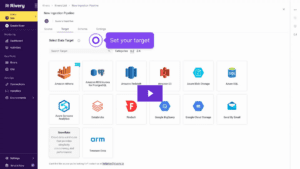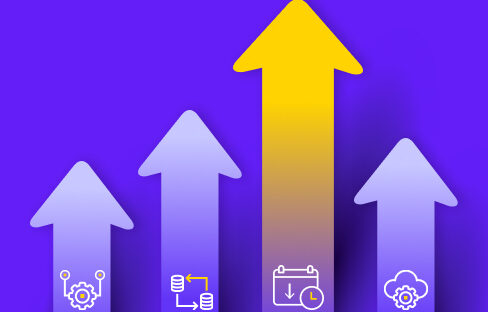What is DataOps and why should I care?
What is DataOps? – Let’s start with the basics. According to Wikipedia, DataOps is an automated, process-oriented methodology, used by analytics and data teams, to improve the quality and reduce the cycle time of data analytics.
While DataOps began as a set of best practices, it has now matured to become a new and independent approach to data analytics.
You should care because people and companies are struggling to manage and orchestrate all their data – and all the processes and protocols around it. As a result of this, there is a new breed of professionals, and in some occasions, even teams, within data-driven organizations.
Identifying and understanding the needs of a stand-alone function that looks after the operational side of managing a company’s BI and data processes is a big deal.
While these functions were often assigned to R&D, IT or BI teams as part of their remit, the processes around data management are becoming increasingly complex.
From selecting the right technology stack, to ensuring the entire ecosystem is compliant with business protocols, compliance regulations is no small feat.
What are the core elements of a DataOps operation?
As DataKitchen suggested on their blog, DataOps brings three cycles of innovation between core groups: centralized production teams, centralized data and development teams, and customer-facing business teams using the self-service tools.
This means that the impact of a well-oiled DataOps operation will have a huge impact across the entire business.
Orchestration of processes is one of the most popular oversights (and afterthoughts) when companies decide to build a DataOps team. As DataKitchen suggests, DataOps is both the process and the tools.
Many data analytics teams fail because they focus on people and tools and ignore process. Establishing the right strategy and plan is crucial to succeed.
DataOps combination of tools and processes is designed to enable rapid-response data analytics, at a high level of quality – producing analytics that are responsive, flexible, continuously deployed and quality controlled.
The Future of DataOps
The purpose of DataOps is to tear down barriers between data and operations, making data easily accessible to any business user by creating more responsive and efficient data analytics pipelines.
This is a challenge that virtually any organization faces. Solving it won’t only unlock access to better insights, but it will also simplify processes and reduce costs.
What’s more, it has the potential to empower more people within an organization with autonomous access to data – without having to go through the traditional hurdles of asking for reports from another team.
This new function, whether it is as a DataOps team or as a DevOps Engineer that manages champions and implements new tools and processes could completely change people’s perceptions of what data analytics can do for them.
This role might become very soon one of the most coveted functions (as well as a highly compensated one!) within any data analytics team.
The impact that a DataOps professional can have across an organization is huge. Besides having to interact, coordinate, and manage projects across multiple teams and departments, the outcome of their work will be highly visible across the entire organization.
Ultimately, they’re responsible for the quality and pace of an organization’s data flow.
Minimize the firefighting. Maximize ROI on pipelines.





